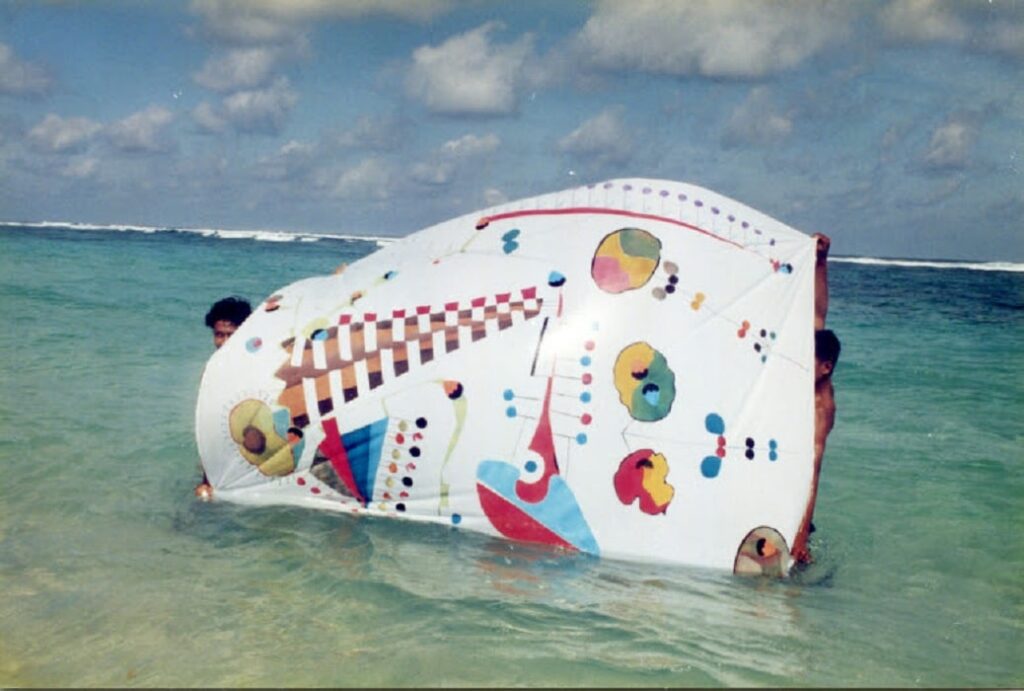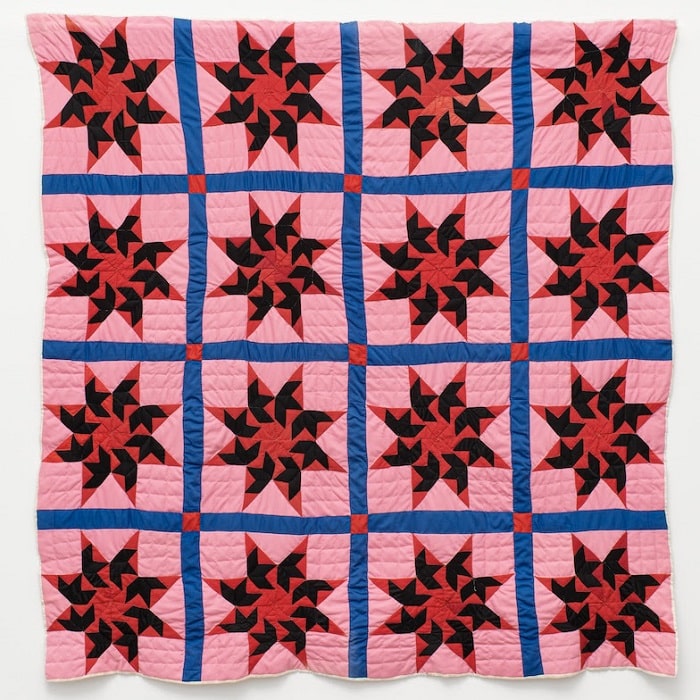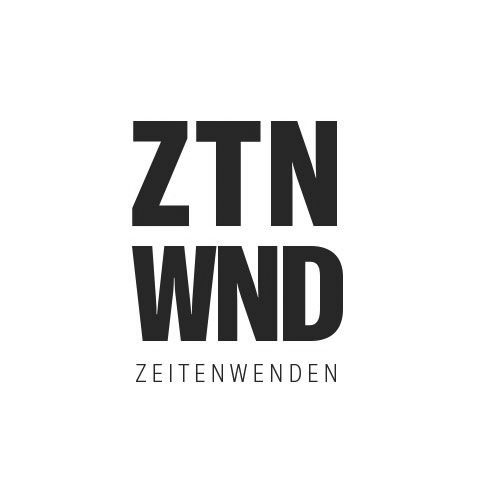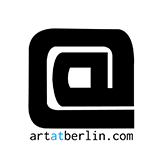DAS MINSK Kunsthaus in Potsdam will present from 16 March 2024 the group exhibition Soft Power, which positions the art and design of textiles as a means of expression that can question power relations. The exhibition is curated by Daniel Milnes, who has worked as a curator at DAS MINSK since June 2023.
Image above: Qunnie Pettway, Flying Swallows, ca. 1978. Courtesy Joeann West and Alison Jacques, London © Qunnie Pettway / Artists Rights Society (ARS), New York / DACS, London and VG Bild-Kunst, Bonn 2023, Photo: Michael Brzezinski
The exhibition understands textiles not only as handcrafted or industrially produced objects, but also as part of systems. This includes the production and trade networks that move textiles and people across the globe, as well as the histories, cartographies and cosmologies that unfold around them. Their use as an integral part of our daily routines and particular rituals will also be explored. The exhibition is divided into three interwoven chapters.
Soft Power shows works by Magdalena Abakanowicz, Caroline Achaintre, Wilder Alison, El Anatsui, Leonor Antunes, Ouassila Arras, Rufina Bazlova, Kevin Beasley, Mariana Chkonia, Edith Dekyndt, Claus Dobberke, Toni Ebel, Gee’s Bend Quiltmakers, Philipp Gufler, William Kentridge, Maria Lai, Joanna Louca, Manuel Mathieu, Rosemary Mayer, Elrid Metzkes, Małgorzata Mirga-Tas, Sandra Mujinga, Gulnur Mukazhanova, Otobong Nkanga, Willem de Rooij, Ramona Schacht, Gabriele Stötzer, Sung Tieu, Johanna Unzueta, Hamid Zénati, and others.

The chapter “Invisible Hands” focuses on the production conditions of textiles and their raw materials – including the history of the Leipzig cotton mill and VEB Vowetex in Plauen. In addition, a selection of wall hangings and archive material is dedicated to the history of the Potsdam Circle for Artistic Textile Design and its position in the state-sponsored leisure programme of the GDR, the so-called “artistic creation of the people”.
The works in the chapter “Breaking Patterns” refuse to follow formal guidelines and show how textile art can question social norms and power mechanisms by breaking through the seemingly endless repetitions of a fixed order.
The chapter “Threads of Ancestors” deals with the question of how textiles are used to commemorate those who have gone before us – be they direct ancestors or those whose stories and ways of life influence our own realities. Just as individual threads can combine to form fabrics and larger networks, the historical and contemporary works in this chapter refer to past traditions that continue to have an impact today.
WHEN?
Saturday, 16. March – Sunday, 11. August 2024
Opening hours:
Daily except Tuesdays
Wednesday to Monday 10 am – 7 pm
WHERE?
DAS MINSK Kunsthaus in Potsdam
Max-Planck-Straße 17
14473 Potsdam
COSTS?
10 EUR, 8 EUR
Combined ticket 20 EUR, 12 EUR
– The combined ticket is valid for the Museum Barberini and DAS MINSK Kunsthaus in Potsdam.






